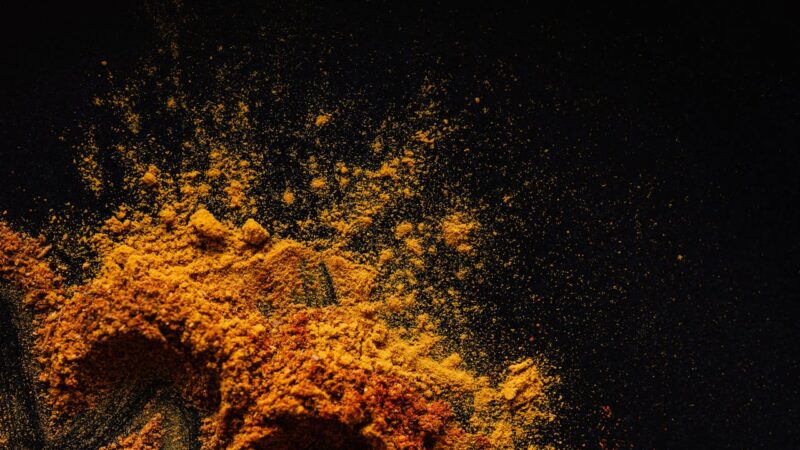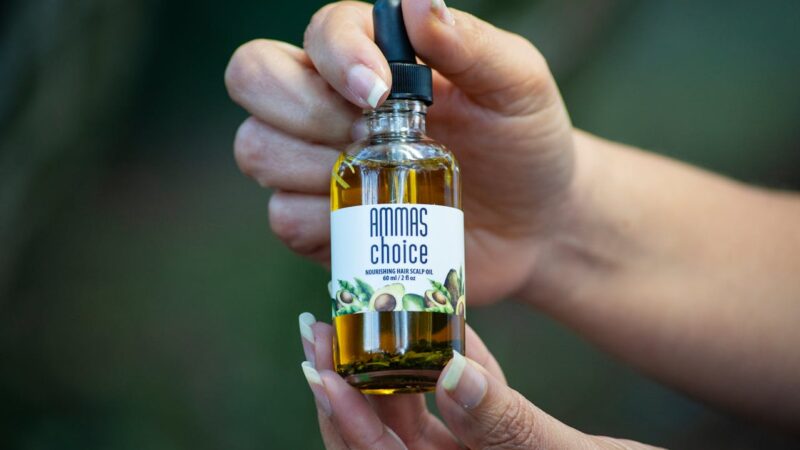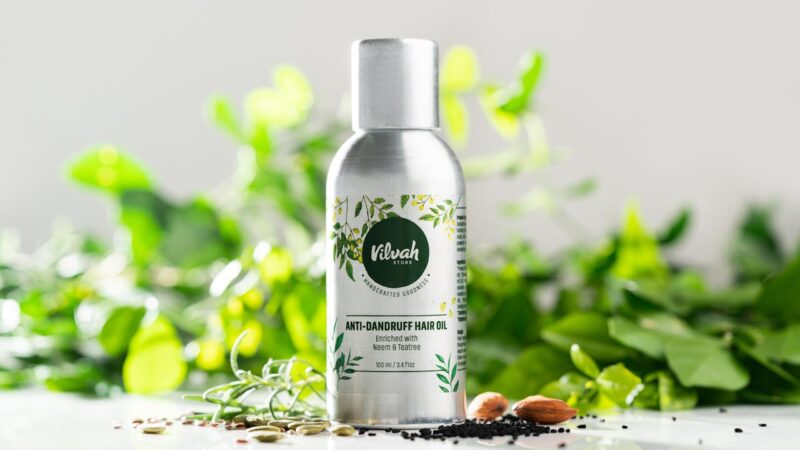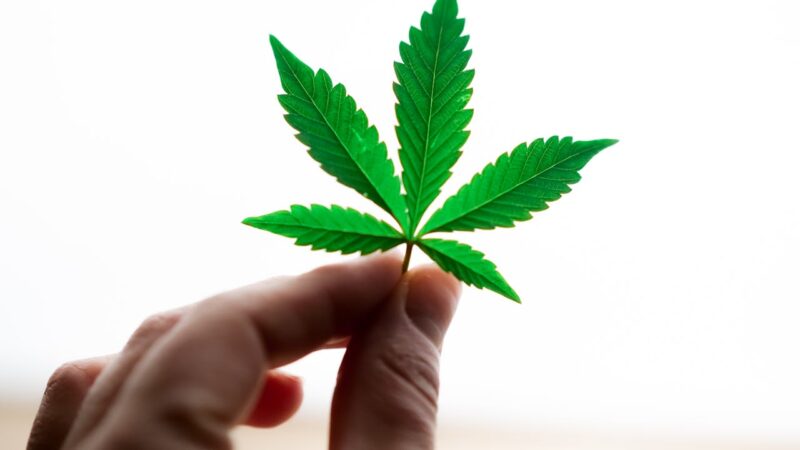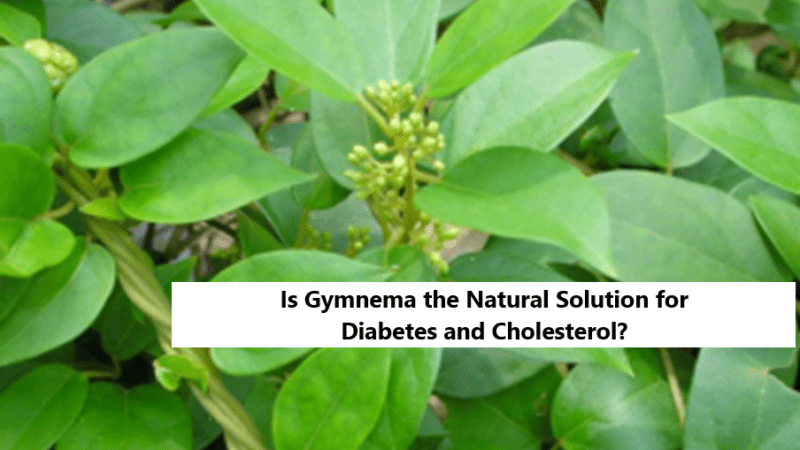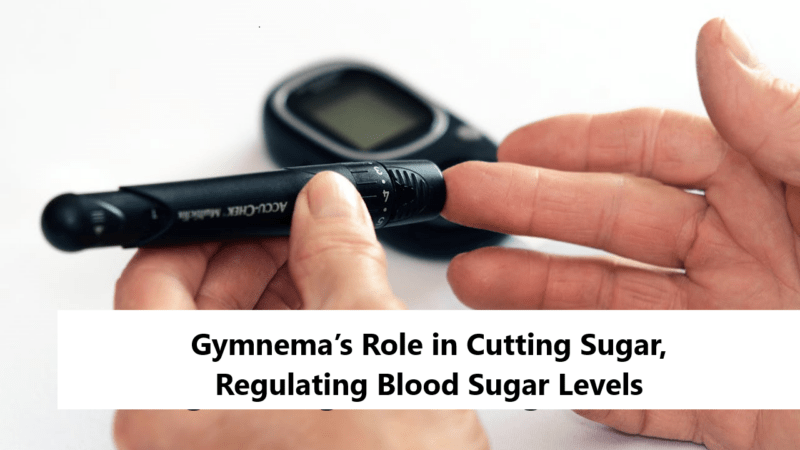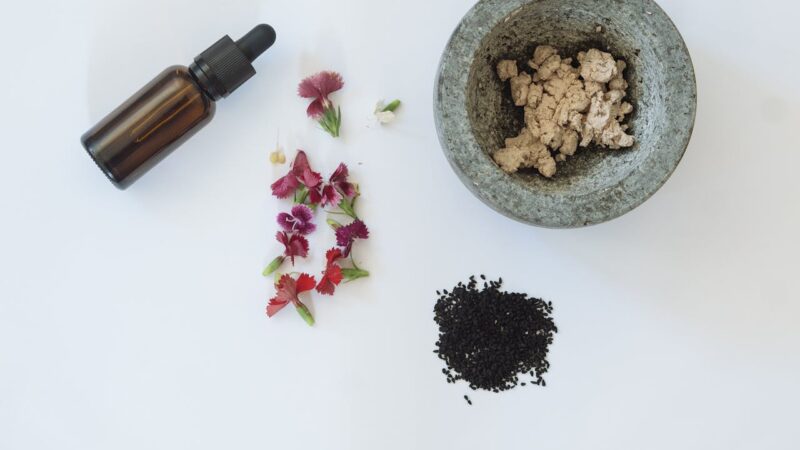Are These Drinks Damaging Your Liver? Top 7 Culprits
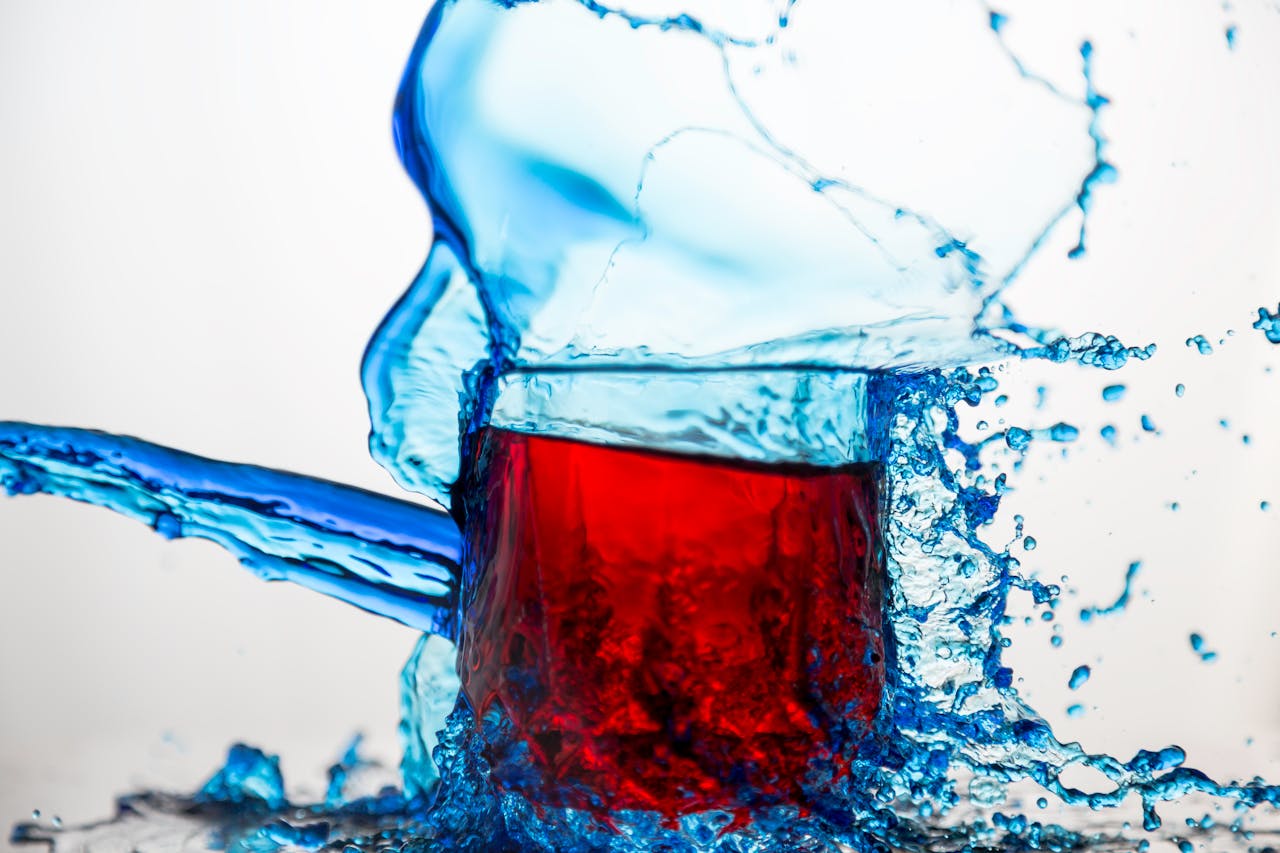
In an era where health and wellness are at the forefront of many conversations, the liver—an organ often overlooked—plays a crucial role in maintaining overall well-being. The liver is responsible for detoxifying the body, processing nutrients, and metabolizing fats. However, poor dietary choices can lead to non-alcoholic fatty liver disease (NAFLD), a condition where fat accumulates in the liver, leading to inflammation and potentially severe liver damage. One of the most significant contributors to this condition is what we drink. Here’s a closer look at seven of the worst drinks for fatty liver and why they should be avoided.
1. Sugary Sodas
Sugary sodas are perhaps the worst offenders when it comes to liver health. These beverages are loaded with high-fructose corn syrup, a type of sugar that the liver metabolizes into fat more readily than other sugars. Regular consumption of sodas can lead to an increase in fat accumulation in the liver, worsening fatty liver disease. The excessive sugar intake also contributes to insulin resistance, which exacerbates the problem.
2. Alcohol
It’s well-known that excessive alcohol consumption is harmful to the liver, but even moderate drinking can be problematic for those with fatty liver disease. Alcohol is toxic to liver cells and can cause inflammation, leading to alcoholic liver disease. When combined with a fatty liver, alcohol accelerates liver damage, increasing the risk of cirrhosis and liver failure. For individuals with fatty liver, abstaining from alcohol is often recommended.
3. Fruit Juices
While fruit juices are often perceived as healthy, many are packed with added sugars, making them just as harmful as sugary sodas. Even 100% fruit juices contain natural sugars that can spike insulin levels and contribute to fat storage in the liver. The lack of fiber in juices compared to whole fruits means that the sugars are absorbed more quickly, putting additional strain on the liver.
4. Energy Drinks
Energy drinks, popular for their ability to provide a quick caffeine boost, are also loaded with sugar and other harmful additives. The high sugar content, combined with ingredients like caffeine and taurine, can increase the risk of fatty liver disease. These drinks often lead to a spike in blood sugar levels, contributing to insulin resistance and fat accumulation in the liver.
5. Milkshakes
Milkshakes, though delicious, are a double-edged sword when it comes to liver health. They are high in both sugar and saturated fats, which are two major contributors to fatty liver disease. The combination of these ingredients can lead to a rapid increase in liver fat, exacerbating the condition. For those with fatty liver, it’s best to avoid milkshakes or opt for healthier, low-sugar alternatives.
6. Sweetened Iced Teas
Sweetened iced teas are another common culprit when it comes to sugary drinks. While tea itself can be beneficial due to its antioxidant properties, the addition of sugar transforms it into a harmful beverage. Sweetened iced teas can contain just as much sugar as sodas, leading to similar negative effects on the liver. Opting for unsweetened tea is a much healthier choice.
7. Flavored Coffees
Flavored coffees, often loaded with syrups, whipped cream, and other sweeteners, can be detrimental to liver health. These drinks can contain more sugar than a regular soda, making them a poor choice for anyone concerned about fatty liver disease. The combination of sugar and fat in these beverages contributes to fat accumulation in the liver, increasing the risk of liver damage over time.
Verdict
Maintaining a healthy liver is essential for overall well-being, and the drinks you consume play a significant role in liver health. Sugary sodas, alcohol, fruit juices, energy drinks, milkshakes, sweetened iced teas, and flavored coffees are some of the worst beverages for those with fatty liver disease. By making more mindful choices, such as opting for water, unsweetened tea, or black coffee, you can help protect your liver and support its crucial functions.
The next time you reach for a drink, consider the impact it may have on your liver. Small changes in your daily habits can lead to significant improvements in liver health, helping to prevent or manage fatty liver disease and ensuring that your liver continues to function optimally for years to come.


